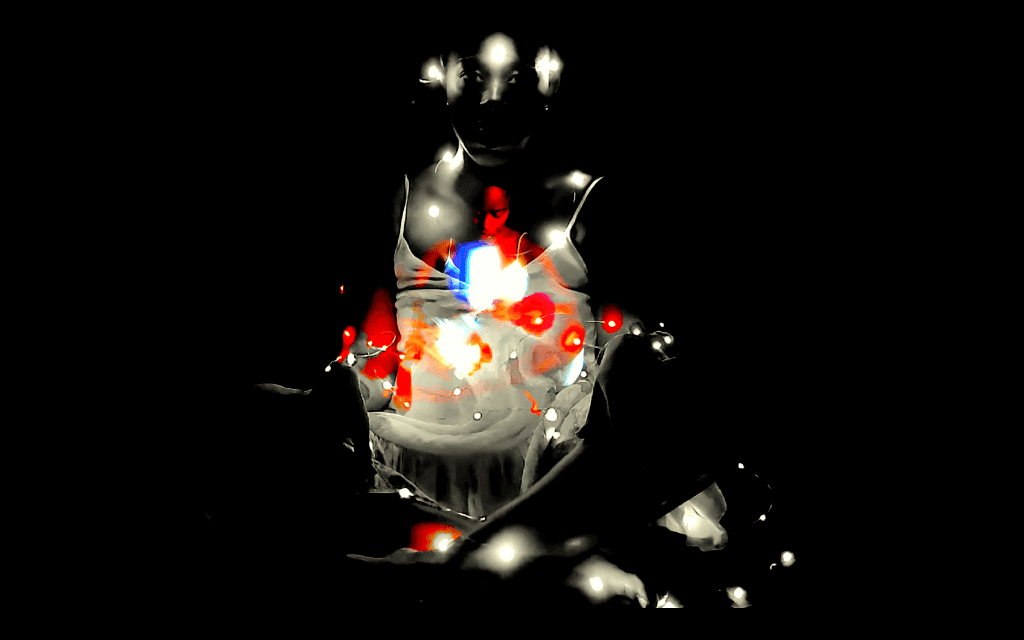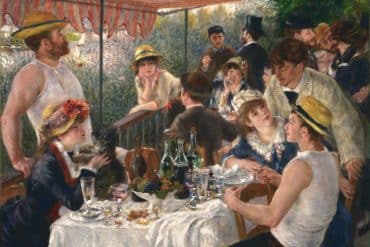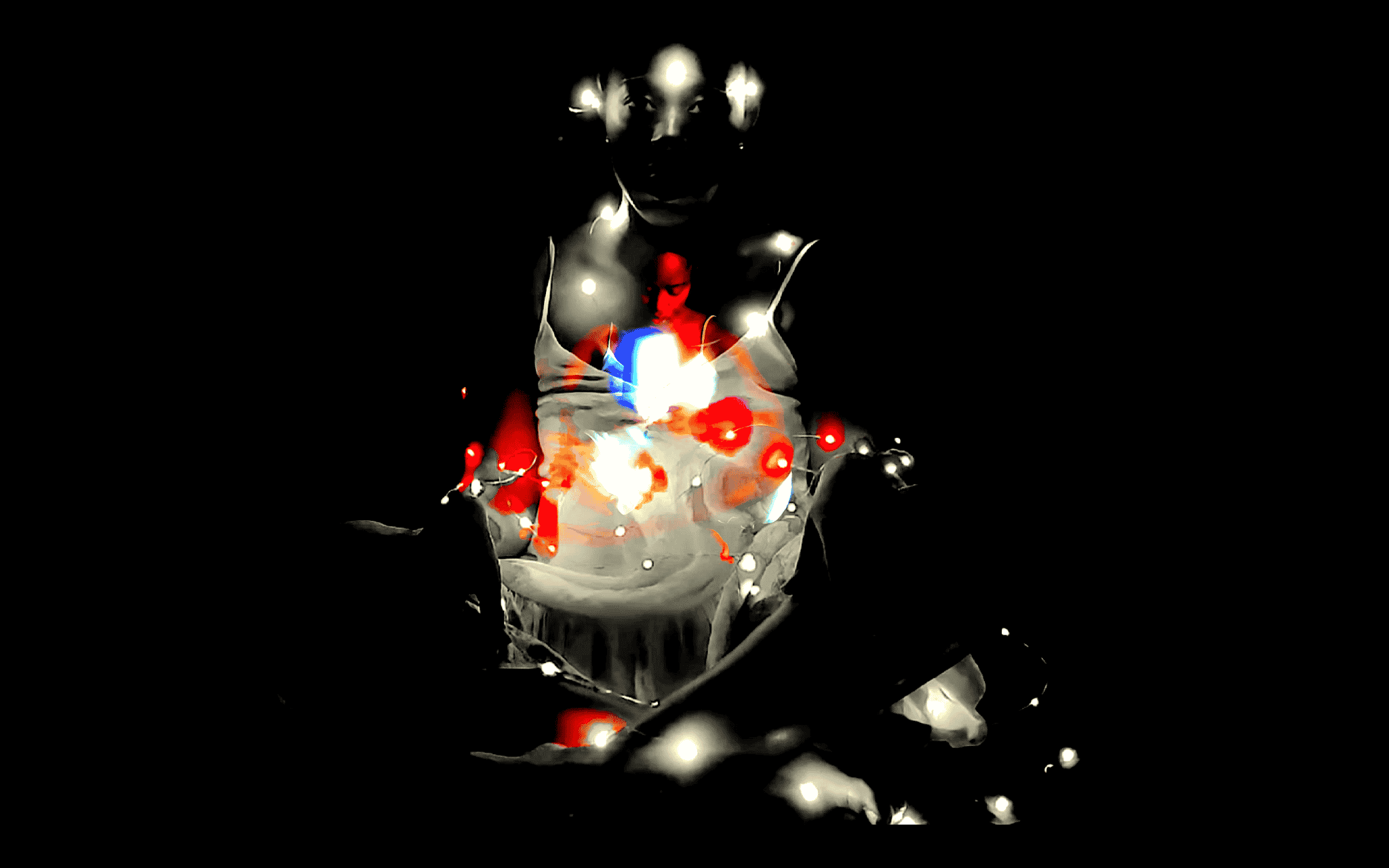“Double Consciousness as a Black American”: New Video from The Twerking Academic
Artist’s Memo
In the newest video from The Twerking Academic, titled “Double Consciousness Homecoming,” I explore how the summer of 2020 slammed me back into an awareness of my own double consciousness as a Black American. Though I was quite traumatized by the public spectacle of Black death splashed across the news and multiple social media platforms, the more acute wounding occurred closer to home as I grappled with the performativity I witnessed around me and my own less than satisfactory response to it.
My personal leniency for all the past wounds inflicted upon me distressed me. I had been too kind, had made too many allowances, had placed white comfort above my own innumerable times. In doing so, I wounded myself almost irreparably as I realized that the gesture would never be returned. For years, I waited, confident in the fact that when the time came to march, “they” would march. They did not march.
The worlds within and without the Veil of Color are changing, and changing rapidly, but not at the same rate, not in the same way; and this must produce a peculiar wrenching of the soul, a peculiar sense of doubt and bewilderment. Such a double life, with double thoughts, double duties, and double social classes, must give rise to double words and double ideals, and tempt the mind to pretense or revolt, to hypocrisy or radicalism. (Du Bois, 2003, p. 221-222)
And I, along with all the illusions I had unconsciously built for my own day to day survival, shattered. Because I had done everything that I was supposed to do to be an exemplary Black person to them. How could they not march for and with me? How could they not even muster up a post for me? I had talked less. I had smiled more. And still… the seats for the “Shanita’s Life Matters” conference were vacant. Even then, I did not confront them about it. I just sat there mute, wounded by betrayal and my own expendability in their lives and in the world.
I focused this piece on exploring multiple layers of disappointment and revelations. It is very much a delayed enacting of necessary internal and external confrontations. All in one breath, the piece focuses on conversations I should have been having with friends and acquaintances, my own disappointment with my inability to engage my social circle in meaningful discussions about their silence and lack of action, and processing my double consciousness homecoming. I am as much the subject of the emotional entreaty within the ballad as I view the performance my outer self is giving with the eyes of my inner self.

The Twerking Academic: Visual Exploration of Black Womanhood
The Twerking Academic is dedicated to exploring the multilayered lived experience of Black womanhood using multimodal autoethnographic expression. Column installments include an audiovisual piece that focuses on exploring, processing, and communicating meaningful personal experiences that also offer a voice to the experiences of the wider cultural community. Audiences can view each audiovisual piece independently. A written memo supplements each piece explaining context and speaking to significant themes within the work. Themes explored include bodily autonomy, stereotypes, mental health, and the experience of the Black female academic.
The Twerking Academic seeks to probe and question the established idea of what constitutes an academic. It examines the prescriptive, limiting rules that often dictate how one is recognized as an academic by the community. The column title itself is a nod to this goal. It prompts audiences to reexamine preconceived notions surrounding respectability politics and scholarship. In addition, engaging with topics in an inclusive manner that transcends past barriers that have separated the academic and general population is fundamental to the column’s working mission. I hope this column encourages members of the BIPOC community to build spaces that are authentically reflective of their personal style, culture, and preferred method of communication, and promote multimodal/audiovisual autoethnography as a viable investigative method.
References
Blake, J., Beyonce, & Garrett, K. (2016). Pray you catch me [Audio recording]. Lemonade. Sony Music Entertainment.
Du Bois. W. E. B. (2003). The souls of Black Folk. Modern Library.
Featured image by Shanita Mitchell










